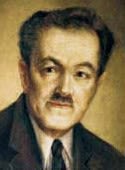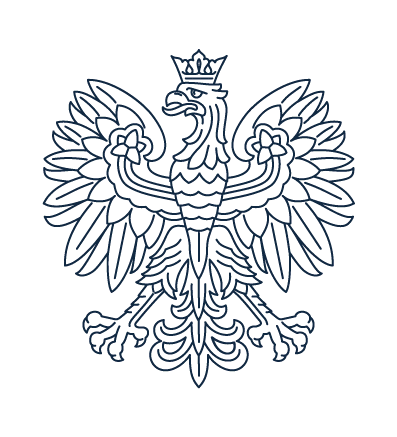Bolesław Wallek-Walewski 1938-1939
 b Lvov 23 January 1885, d Kraków 9 April 1944
b Lvov 23 January 1885, d Kraków 9 April 1944
Director of the Conservatory of the Kraków Music Society (1938-39)
Composer, conductor and teacher
Since 1894 he studied at the Galician Music Society Conservatory in Lvov with S. Niewiadomski (theory), and in the years 1900-04 with W. Żeleński and F. Szopski (theory), W. Barabasz (piano) and J. Marso (vocal studies) at the Conservatory of the Music Society in Kraków. In the years 1906-07 he studied theory with H. Riemann and A. Prüfer in Leipzig. He was also an unenrolled student of philosophy at the Jagiellonian University.
Wallek-Walewski was the most eminent figure in the Kraków musical life after the death of Żeleński. He became famous as a choir conductor. Already in 1903 he became artistic director of the Academic Choir; 1907-43 he conducted the choir of clerical students of the Lazarists Seminary in Kraków. In 1915 he established the Kraków Opera Society which he led until 1923 and then again in the years 1931-39. In the years 1917-19 he was a conductor of the Warsaw Opera. In 1919 he established a Singers Society “Echo”, which he managed to the end of his life. In the 1920s, he gave concerts all over Poland and abroad, receiving numerous prizes. In 1927 he became conductor of the Singers’ Association of the Kraków Voivodship.
In the years 1908-23 Wallek-Walewski was a theory professor at the Kraków Institute of Music, and between 1910-17at the Conservatory. 1925-39 he was the artistic director of the Kraków Music Society; in 1930 he returned to the post of theory professor at the Conservatory, 1930-33 he led a class in composition, he also cooperated with K. Kniaginin in leading the opera class. In May 1938, he was elected by the Music Society in Kraków for the post of director of the Conservatory, but due to an illness he could not personally take part in managing the institution. Władysław Maresch, a secretary of both Music Society and of Conservatory of many years’ standing, did it on Walewski’s behalf. During the times of Wallek-Walewski the last Conservatory graduation diplomas were issued, the classes of the school year 1939-40 were conducted until the occupation authorities closed the Conservatory on the 5th February 1940.
In the oeuvre of Wallek-Walewski, consisting of over 280 works covering symphonic and piano works, solo and choir songs as well as cantatas, works for a cappella choir dominate (over 130); he also wrote 4 operas (among them Pomsta Jontkowa, staged in 1926 and thought out as a continuation of Halka by Moniuszko). His most outstanding work is oratorio Apokalipsa (1931), in which he used unconventional textural and harmonic solutions. Apart from a number of works for a cappella choir, performed to this day by Polish choirs, his works faded into oblivion.
Maciej Negrey






